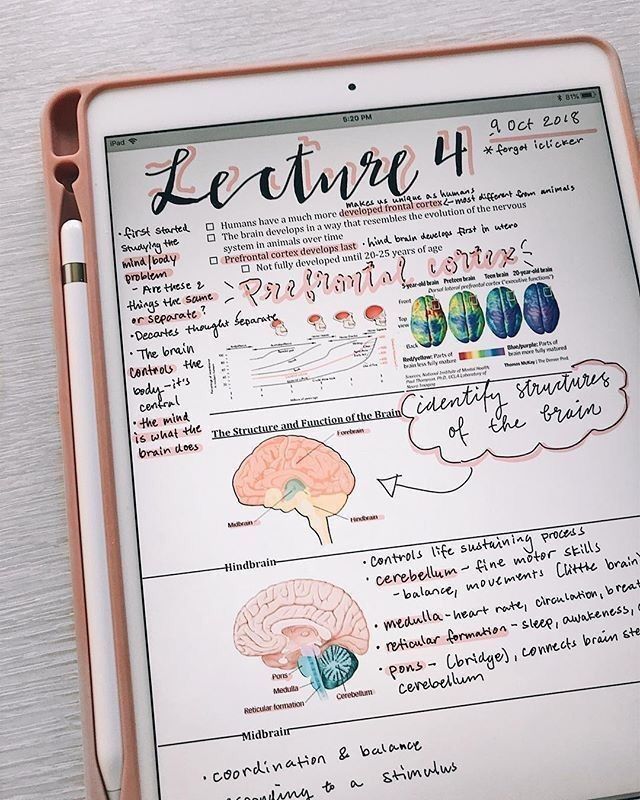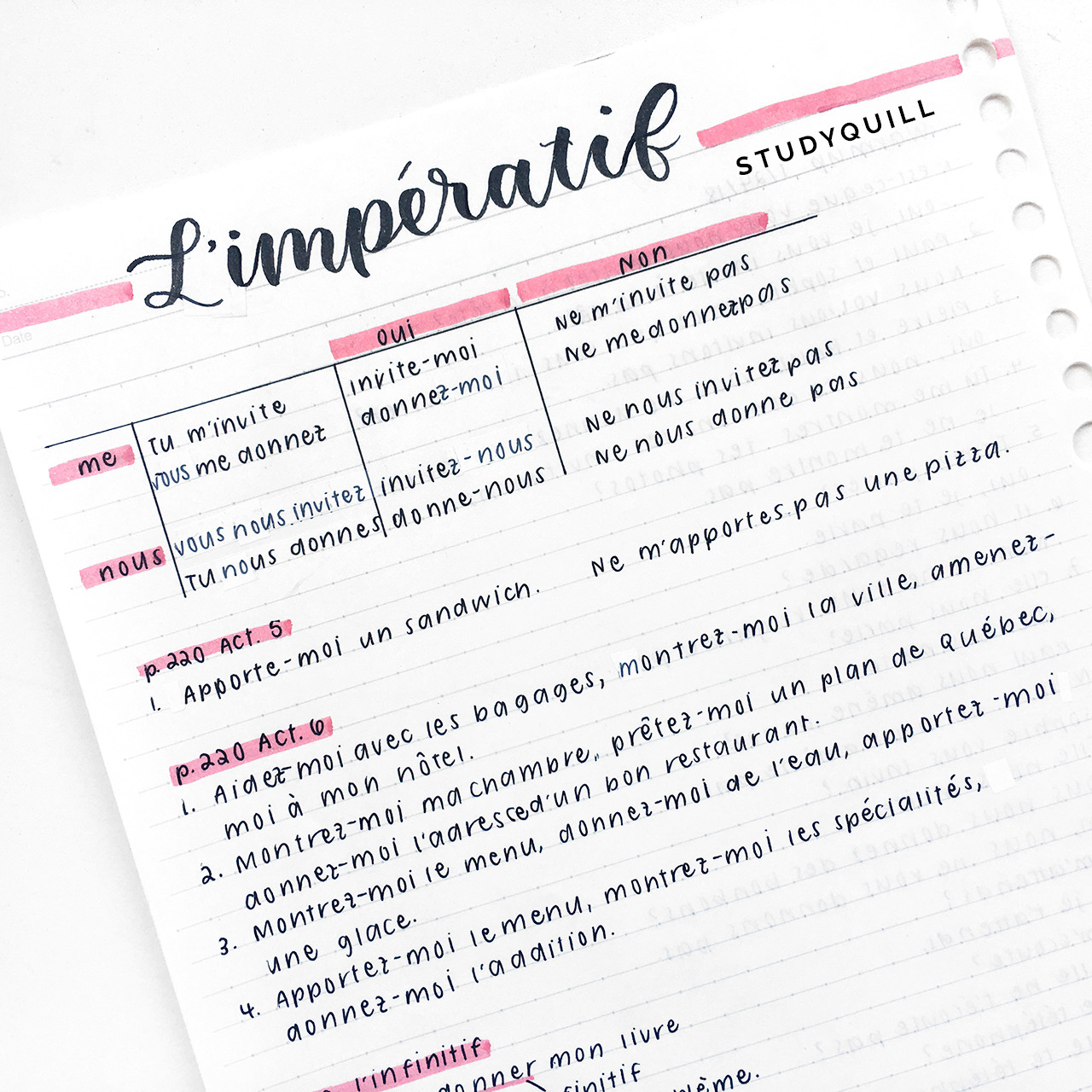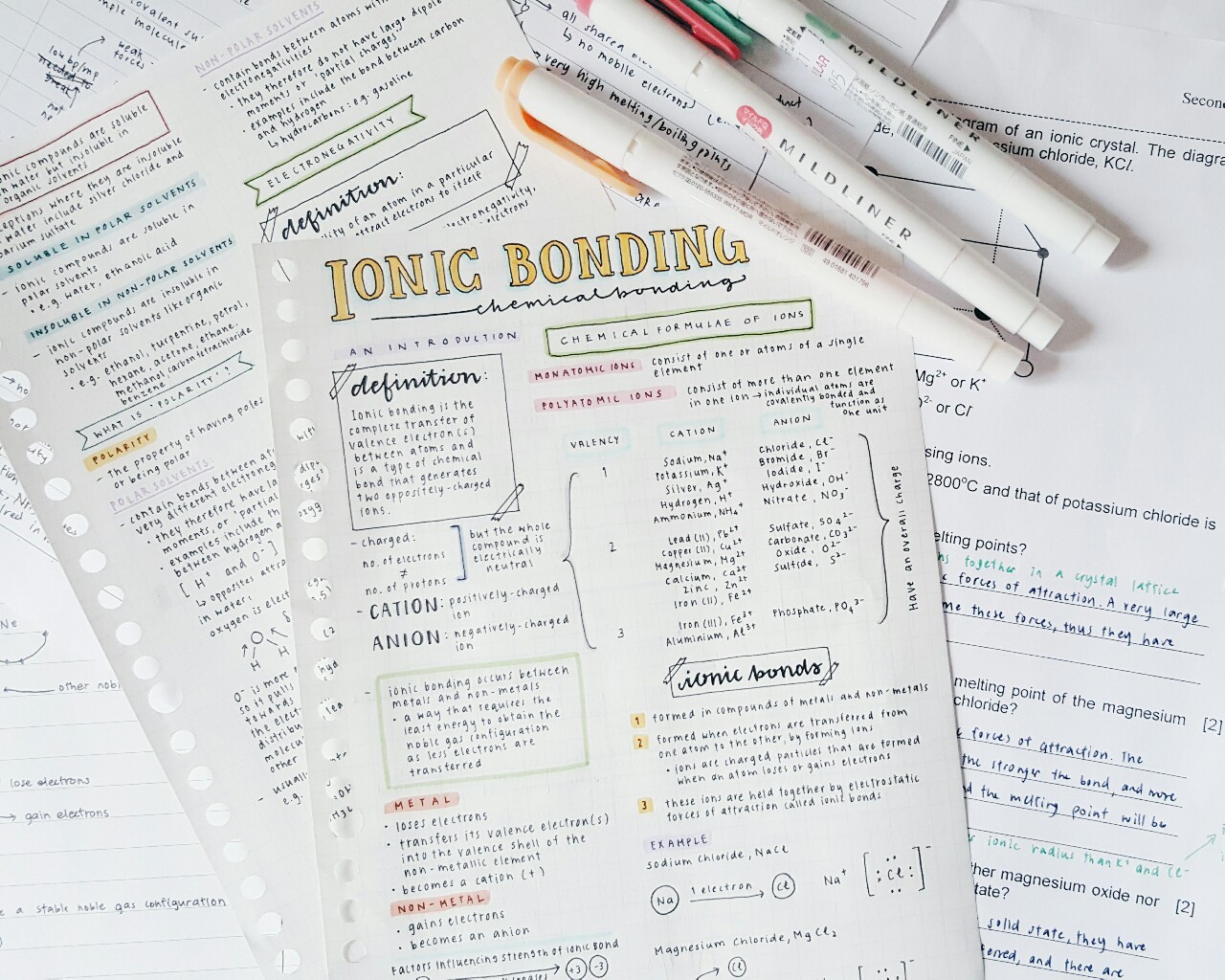
How To Study For An Exam In A Week
Stressed About An Exam You Have Coming Up In Only A Weeks Time? Don’t Worry You’ve Got This!
To study for an exam in a week you need to create a detailed study plan by first listing every topic that will be in the exam and rating them by confidence. You can then block out time in your calendar for studying over the week and studying everything in order of lowest confidence to highest confidence. Once you have planned your study sessions, you need to start using the best study techniques – active recall techniques. Don’t waste your time re-reading, summarising or writing your notes! Active recall techniques include flashcards, taking past papers, making mind-maps and more. I go through each technique in more detail down below.
1. Create A Study Plan
The first thing to do when you have only a week left for studying before an exam is to create a study plan. While I do recommend studying using a retrospective revision method this is not always possible if an exam suddenly springs up on you. However there are still some aspects of retrospective revision timetables that are useful when studying for an exam in a short period of time. This aspect is to list every topic and sub-topic that will appear in your exam and then rate your confidence level for each subject.
You could do this by drawing up a table on a piece of paper or using a digital template. Personally I like to use the exam preparation tracker in my digital student planner. You can see an example in the screenshot below from when I was studying calculus for a maths exam.
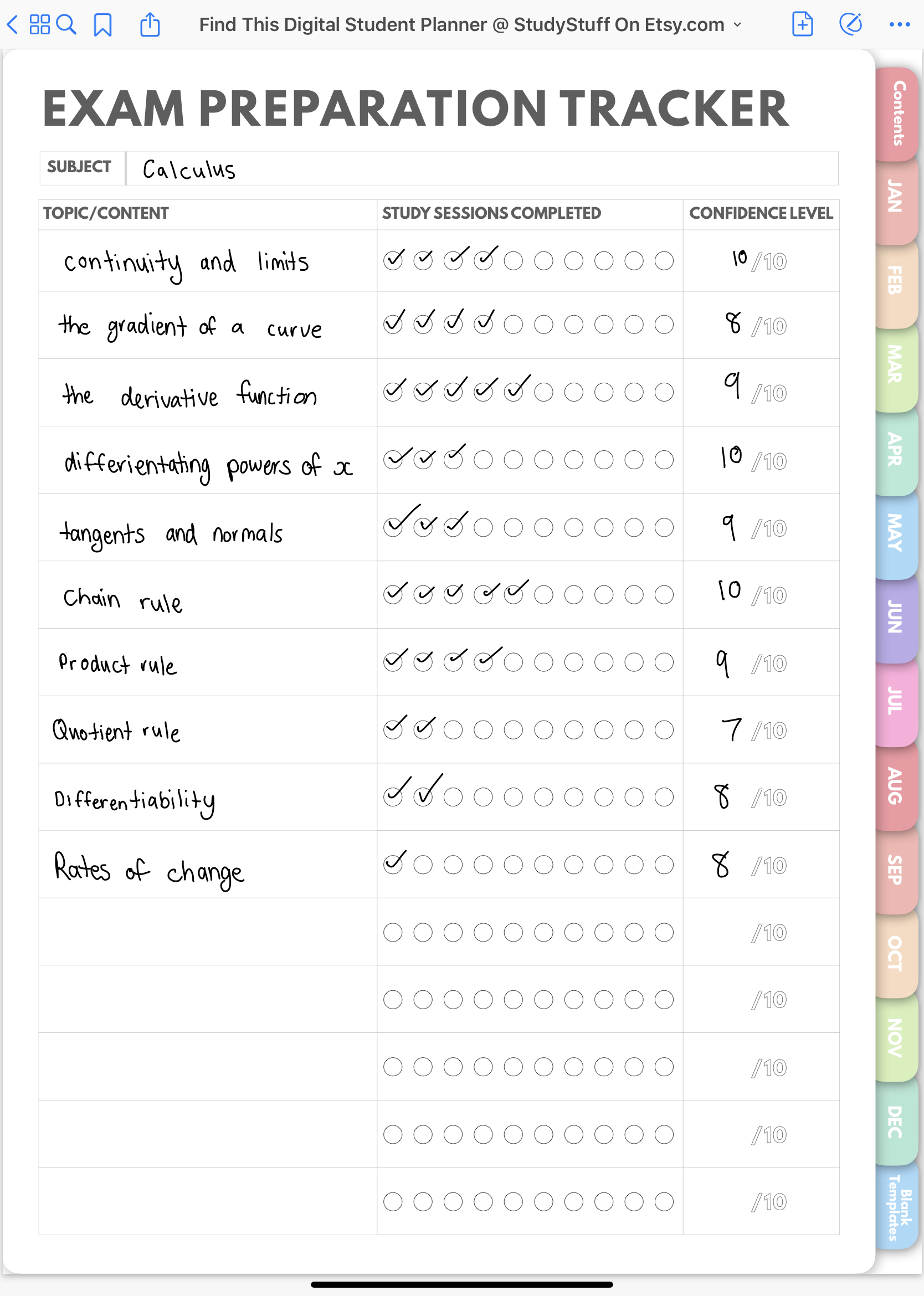
Once you have a list of all the topics in the exam and your confidence levels in each you can create your study guide. This is when you evenly space out your studying, prioritising the topics that you are least confident in and then progressively work through everything until you study the topics with the highest confidence rating.
The is the most effective way to study smart not hard as you will not waste time going over things you already have a good level of understanding. This is the trap most students fall into as they like to do what is easiest for them. For example, they might study the sub-topic with the highest rating first because it has the highest reward. You will get every question right but the problem is that you are not facing the more challenging questions of the topics that you are not confident in. This is the illusion of competence.
After Identifying Your Weaker Areas, Block Out Time Each Day In Your Calendar For Studying
For the week leading up to your exam block out as much time as possible for studying. This is obviously dependant on how much you need to study before the exam. Your study blocks should not be marathons. Make multiple short study blocks that are spaced out throughout the day.
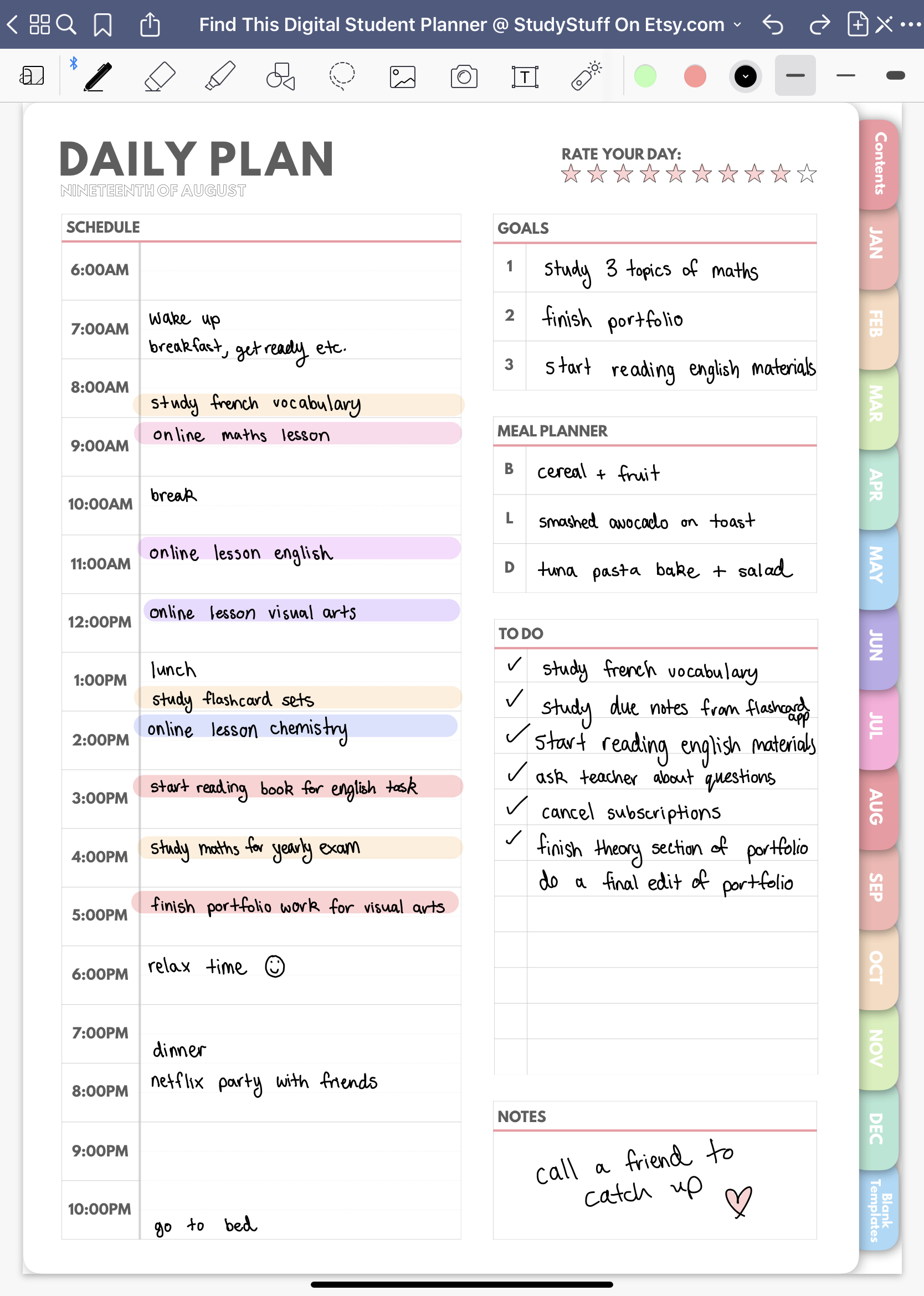
Also you should block out times for leisure activities. Finding the right balance between studying and relaxing is really important so you don’t become overly stressed.
Within each time block for studying do not assign set times for what you are going to study. You can not predict the future and figure out how long it will take to revise a certain topic on a certain day. Blocking out time in your calendar is more of a guide so you know you need to be studying in that time, it’s not going to tell you what to study.
This is where your subject topics confidence rating list comes in handy. When you start your first study session, look at the list and study the topic with the lowest confidence rating. It doesn’t matter if you don’t finish studying it within your first study block, you can always continue in the next. Just be aware of your one week time restraint.
2. Do Not Write, Summarise Or Re-Read Your Notes
In the final week before your exam, you can not be using passive learning techniques. A great example of a passive learning technique is reading the textbook and writing notes from it. You are past this stage and should be revising with active learning techniques so the information is stored in your brain.
A lot of people read or write notes as they think they are getting the best results out of it. But the truth is that it is a waste of time. You only have one week before the exam. You need to be testing yourself!
P.S. For the future you might be interested in learning about the 5 best note taking strategies!
3. Test Yourself Everyday Using Active Recall Methods
There are many methods for active recall that are super effective for studying one week before an exam. They are studying flashcards with the leitner method, creating mind-maps from memory, doing as many past papers as possible and creating your own quizzes.
Flashcards With The Leitner Method
Flashcards are a great tool to use while studying for an exam in a week. The reason why is because they are a method of testing with active recall as questions are written on one side and the answers are written on the other.
More specifically, revising flashcards with the leitner method is particularly effective as it is based on spaced repetition. The leitner system was developed in the 1970s and is a method which uses five study boxes labelled one to five. Each box has a study schedule for example, box one = study everyday, box two = study every second day etc. Flashcards move up boxes as they are answered correctly and back to box one if they are answered incorrectly.
This method is best if you have more than a week however it can be adapted to a tighter schedule by using less boxes with shorter time spans between each.
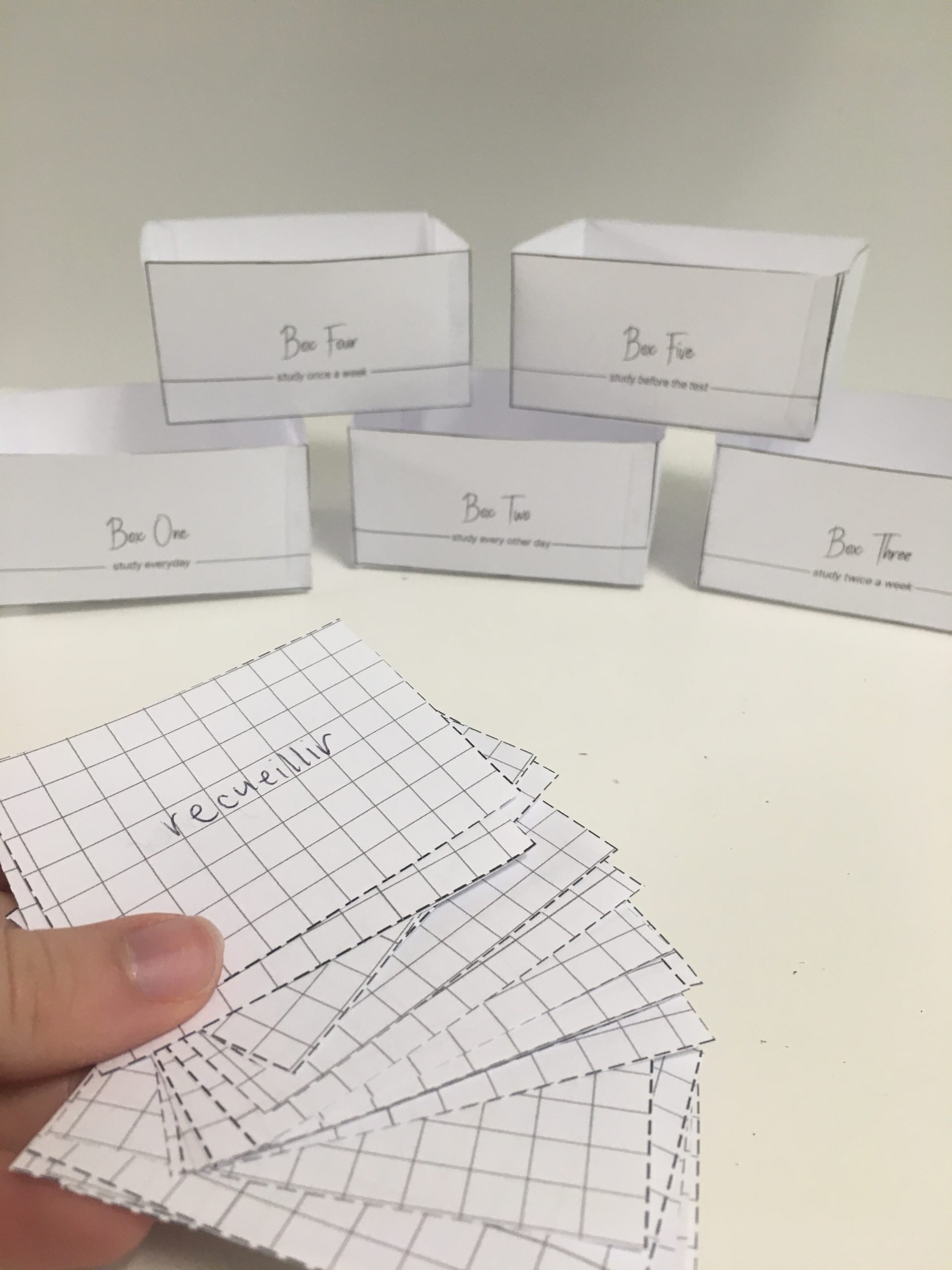
You can learn more about this method by reading my article on how to study flashcards with the leitner method here
Create Mind Maps From Memory
Another way to work your memory and make connections between pieces of information is to create mind maps. This method is best for content heavy subject where you need to learn lots of facts and concepts.
The best way to do this is to set yourself a timer, maybe 3-5 minutes, figure out your keyword and then write as much as you can onto the page relating to that keyword without looking at your notes or a textbook. Draw lots of arrows that connect points of information together so you can better visualise them and associate things together.
After you have made your mind-map, you should get a different colour pen – I really like these ones here. With the new colour you should add information to your mindmap that you missed. You can do this with the help of a textbook, your notes or the internet.
Re-do your mind-map an hour or even a day later and see if you can remember everything you wrote down and the extra information you added. If you can successfully do this you know your stuff really well.
Do As Many Past Papers As Possible
The students who perform the best do as many past papers as possible so they are ready for any question that is thrown at them. They become super prepared by doing every single past paper that is relevant and available to them. Most people start doing past papers each day in the week leading up to their exam.
Your school or university should be giving you access to some of their own past papers but you should look beyond this. If you have friends doing the same subject or course as you from a different school, you should do a past paper swap. You can also find past papers online by doing a quick google search or more specifically a search on google scholar. A great way to narrow down your search results on google is by typing “site:edu [subject] exam”.
Also make sure you do all your past papers under test conditions – this means that you have to get out the timer and work in silence without the aid of textbooks and notes. The result that you get from a past paper done seriously is a better representation of how you will do in the real exam and help you identify your weaknesses to work on.
Create Your Own Quizzes
Can’t find enough past papers or you have done them all already?
Don’t worry, you can create your own mini past papers by collating difficult questions from textbooks, online and other sources! I really like doing this by making a Google doc or Microsoft word document in which I type up questions and then print it out. I also like to assign mark values to each question to figure out the time constraints for my mini quizzes.
There Are More Fantastic Study Techniques In These Articles That You Can Use While Studying For An Exam In A Week:
- 12 Rare Study Techniques That You Need To Know
- How Top Students Study *Secret Methods Revealed*
- How To Study When You Really Don’t Want To
Don’t Forget To Check Out The Digital Student Planner I Mentioned In This Article
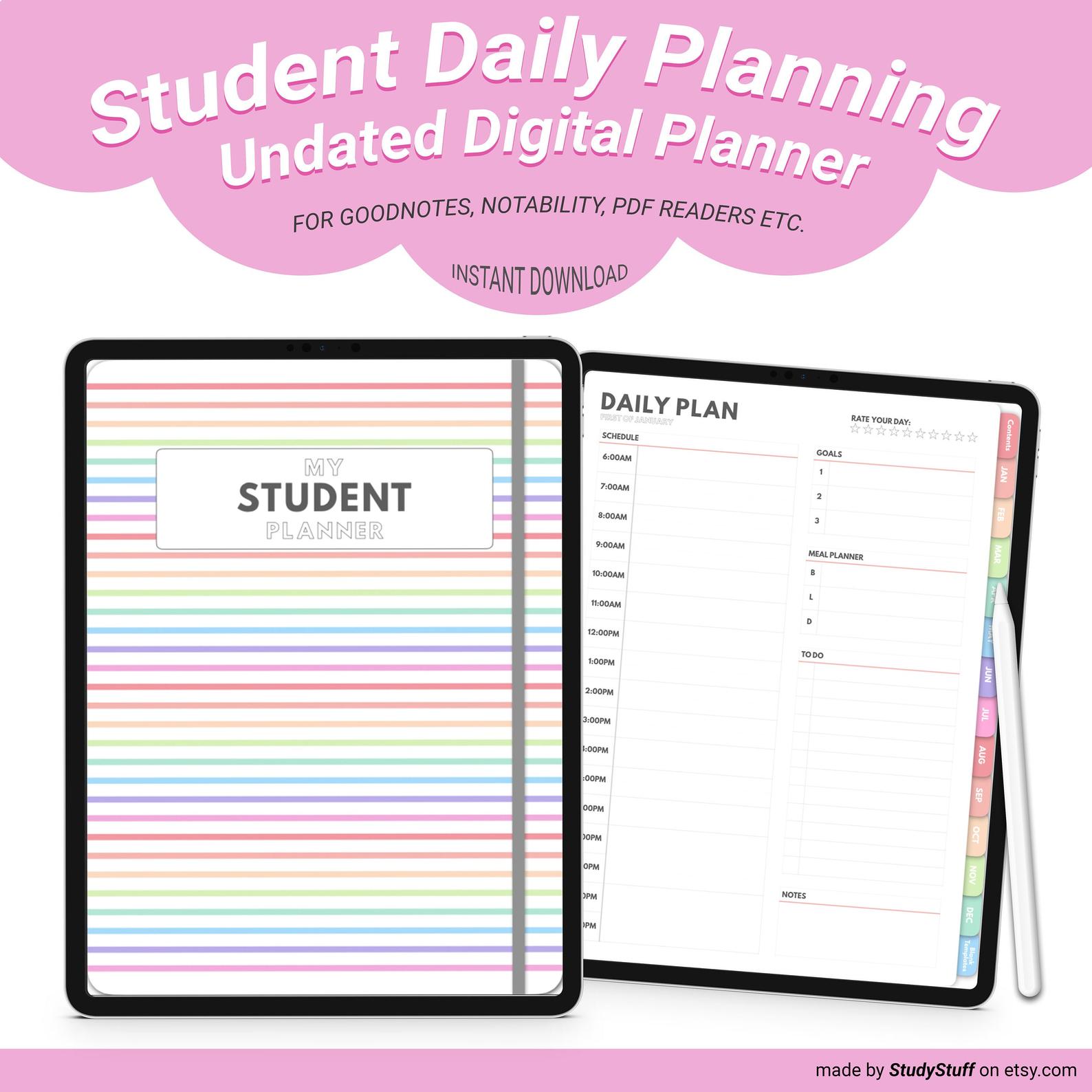
Looking For A Tapestry For Your Dorm Room But Have No Idea What Size To Get? Dorm rooms are on average …
If you take notes using your iPad, you need to know these 12 iPad note taking tips! They will make …
Yes, an iPad is worth it for note taking, especially if you are going to make the most out of …
Going shopping for your dorm room but you are not sure what essentials to buy? Essentials for a dorm room include …
There are many different note taking methods that can work well for language learning. To take effective notes for language …
To take pretty notes you need to firstly choose a consistent colour scheme. Next you should draw an eye catching …



